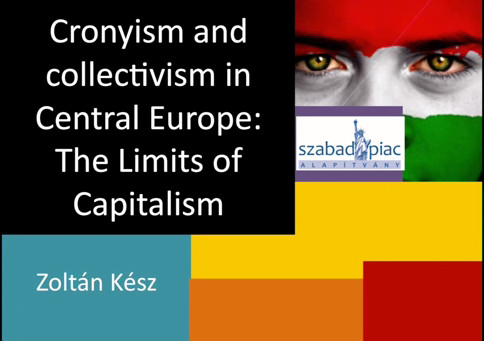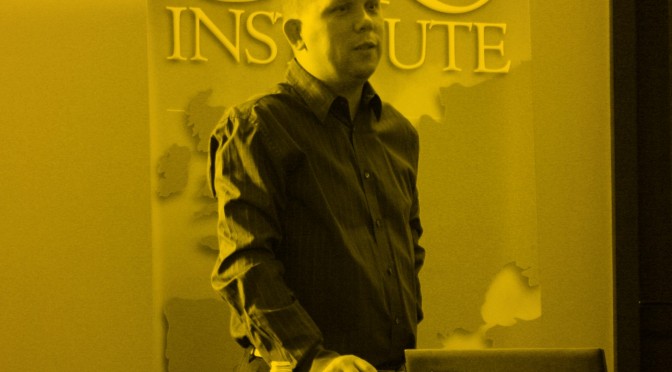Category: Liberty
-

Zoltan Kesz on collectivism and racism in Hungary
Zoltan Kesz, founder of the Free Market Foundation in Hungary, speaks to a luncheon gathering at the Wichita, Kansas Pachyderm Club.
-

In Hungary, the rise of nationalism and racism
The rise of racism and nationalism in Hungary is a serious problem,
-
John J. Ingalls Spirit of Freedom Award
Last night I was recognized by the Kansas Policy Institute with the John J. Ingalls Spirit of Freedom Award. Following are my remarks I delivered to the audience.
-
Why Liberty
Edited by Dr. Tom G. Palmer, “Why Liberty” features articles from experts in the fields of policy, academia, business, media, and student organizing.
-
Classical liberalism means liberty, individualism, and civil society
In a short video, Nigel Ashford of Institute for Humane Studies explains the tenets of classical liberalism.
-
Laws that do harm
As we approach another birthday of Milton Friedman, here’s his column from Newsweek in 1982 that explains that despite good intentions, the result of government intervention often harms those it is intended to help.
-
Surveillance state arrives in Wichita
In an effort to control crime in Old Town, Wichita is importing the police surveillance state. Once camera use has started, it is likely to spread.
-
Central planning: Are we humans or pawns?
The harm of central planning to human nature is explained.
-
Classical liberalism: Liberty, individualism, and civil society
In a short video, Nigel Ashford of Institute for Humane Studies explains the tenets of classical liberalism.
-
2011: The Year in Review
Following is a selection of stories that appeared on Voice for Liberty in 2011. Was it a good or bad year for the causes of economic freedom, individual liberty, limited government, free markets, and civil society?
-
Classical liberalism values liberty, the individual, and civil society
In a short video, Nigel Ashford of Institute for Humane Studies explains the tenets of classical liberalism.
-
The creeping expansion of government power
Government increases its scope and power in sometimes small increments, writes John D’Aloia Jr.